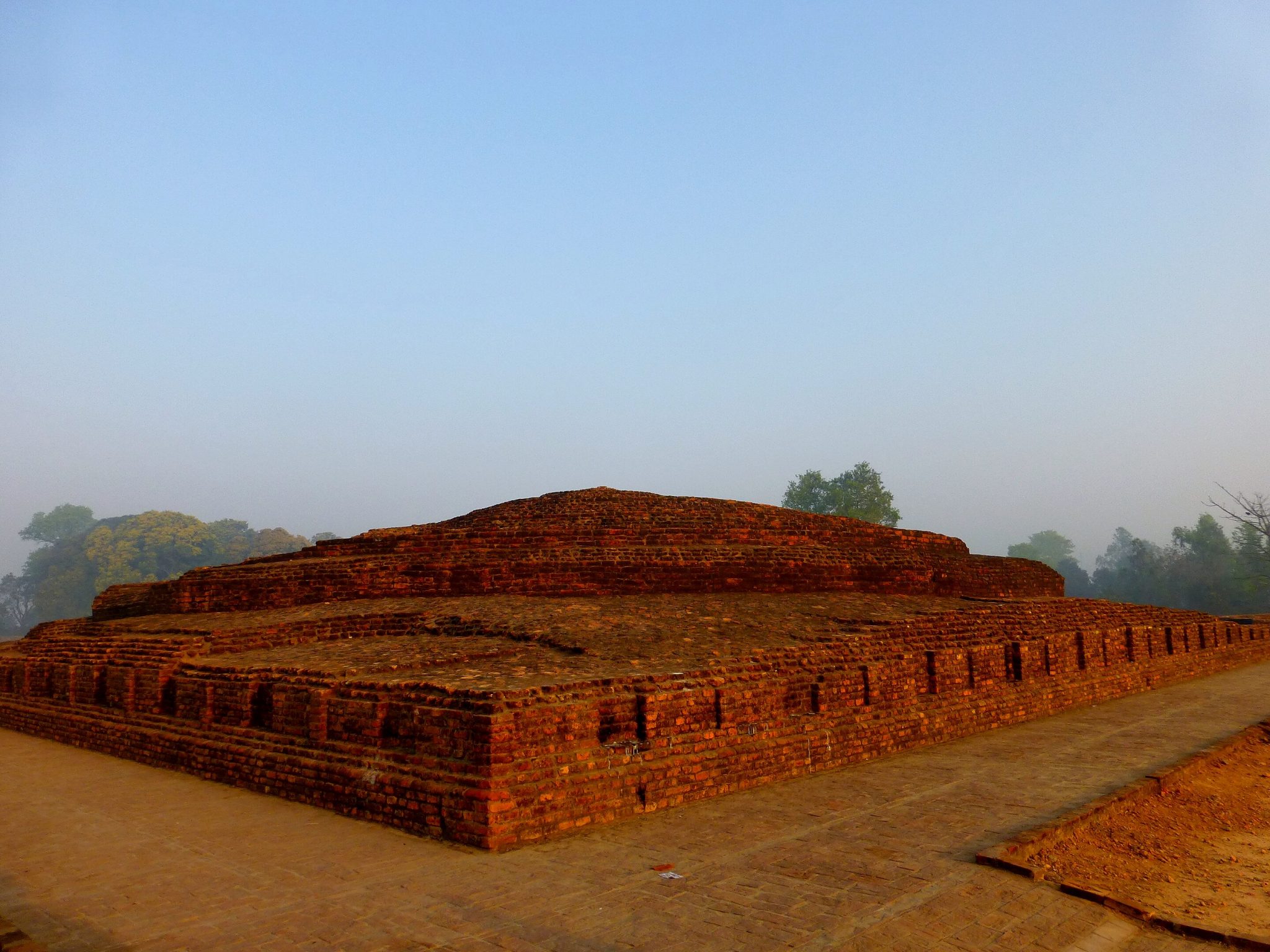A totemic book of poems reaches into the ancient past to test for any resemblance to the present
Shrikant Verma’s collection of poems (originally published in Hindi in 1984; now reissued in an English translation from 2013) has become something of a totemic text for ‘Nayi Kavita’, an experimental movement in Hindi literature that combined formal innovation with everyday language and observations. Across some 50 poems, a cast of narrators tell stories of the (actual) ancient kingdom of Magadha and the full tapestry of human life, death, time and loss within it. There’s the ancient city of Kapilavastu ‘drowned in wine and whores’ and the victorious Maharaj whose ‘glory / spreads like moonlight’, and whose people are ‘all afraid / If ever they speak’; there’s Shaktar, who able to ‘tell a tree / by its roots / thinks and is terrified’, and ‘doms’ (or Dalits) whose ‘eyes turn to stone / waiting for corpses / but no corpse arrives’. That Verma was a senior member of and spokesman for the Congress party in the turbulent period of crisis during the late 1970s and early 1980s provides an inescapable subtext to the whole collection. It’s as if Verma, from a complicated vantage, is reaching into the ancient past to identify a magisterial state in crisis – and test if it bears any resemblance to the present.
In Rahul Soni’s translation, Verma’s minimalist poems are made beautiful by their precise syntax and structural interstices: ‘if I cannot give voice to you / then you / give me voice’, a Vetal says in ‘Invocation’ (1984); a journeyman puts it exquisitely, ‘the / night / deepens / in / Pataliputra’ (‘Pataliputra’, 1979). And though no one expects translation to be faithful, translating Magadh was nonetheless a thankless task for Soni – the original Hindi is already so sparse, and full of allusion, that, as Mantra Mukim points out in his afterword, this translation ‘speaks for itself as much as the original’. ‘Interference’ (1984) best captures the transience of the poetic worlds Verma brings to life, married as they are by their allegory for the constant instability we know in our own. ‘[P]eace must remain in Magadh / if Magadh / is to remain’, Verma writes:
No one even interrupts
for fear
of interruption
becoming the custom in Magadh
Once it starts
interference never stops –
The details are essential: Soni’s introduction of internal rhyme slides the eye down the former stanza; the punctuation in the latter comes like a gash through the page. An obvious counterpoint to Magadh would be Italo Calvino’s Invisible Cities (1972), but where Calvino’s prose thrived in lexical embellishment, Verma’s poetics are comparatively suffocating.
Magadh by Shrikant Verma, translated by Rahul Soni. And Other Stories, £14.99 (softcover)
From the Autumn 2025 issue of ArtReview Asia – get your copy.
